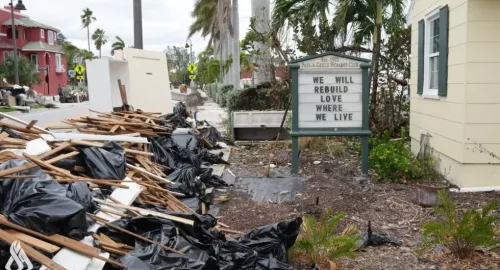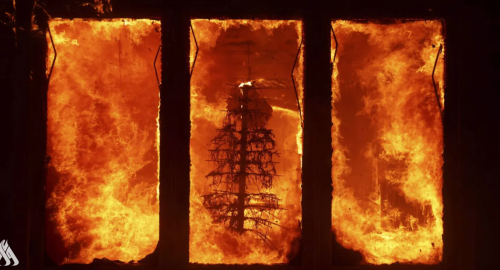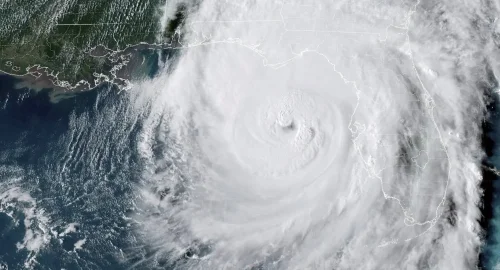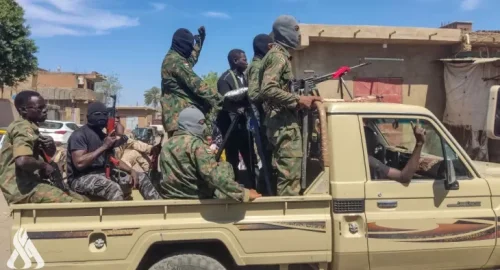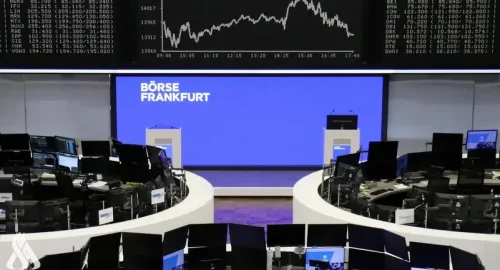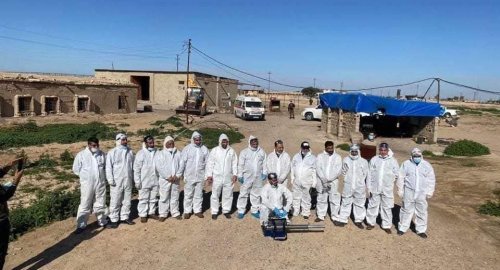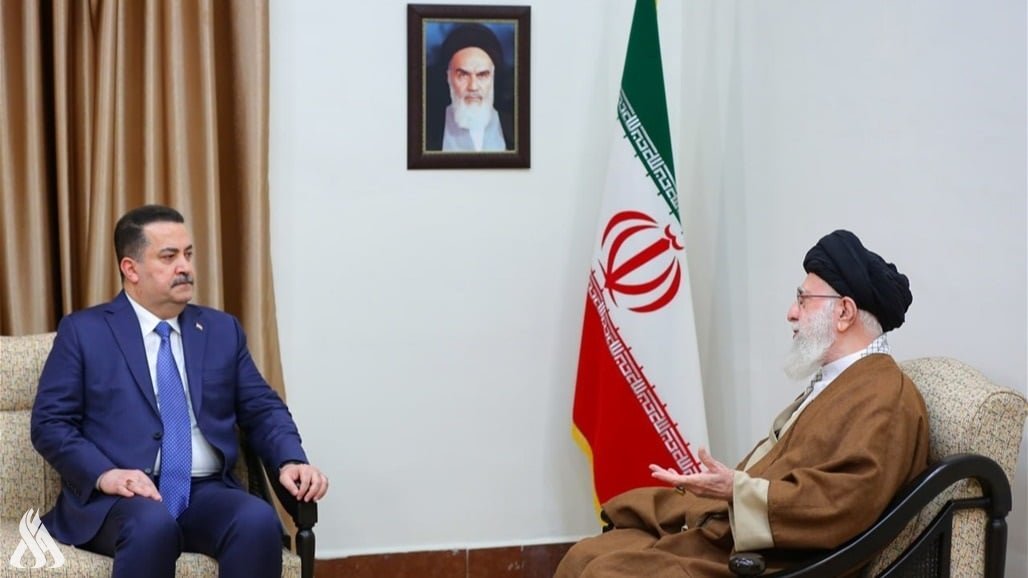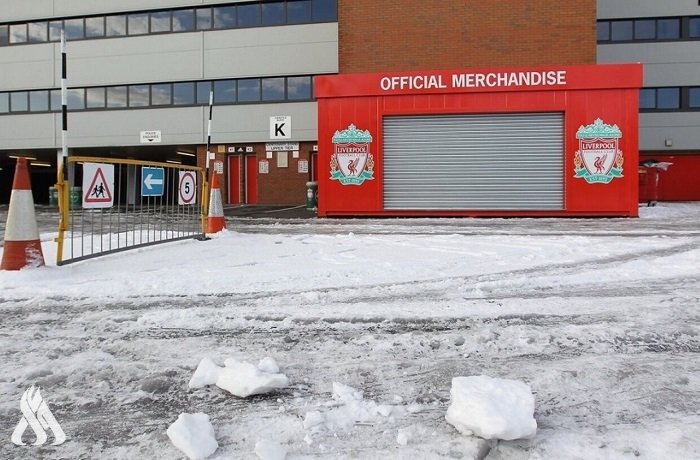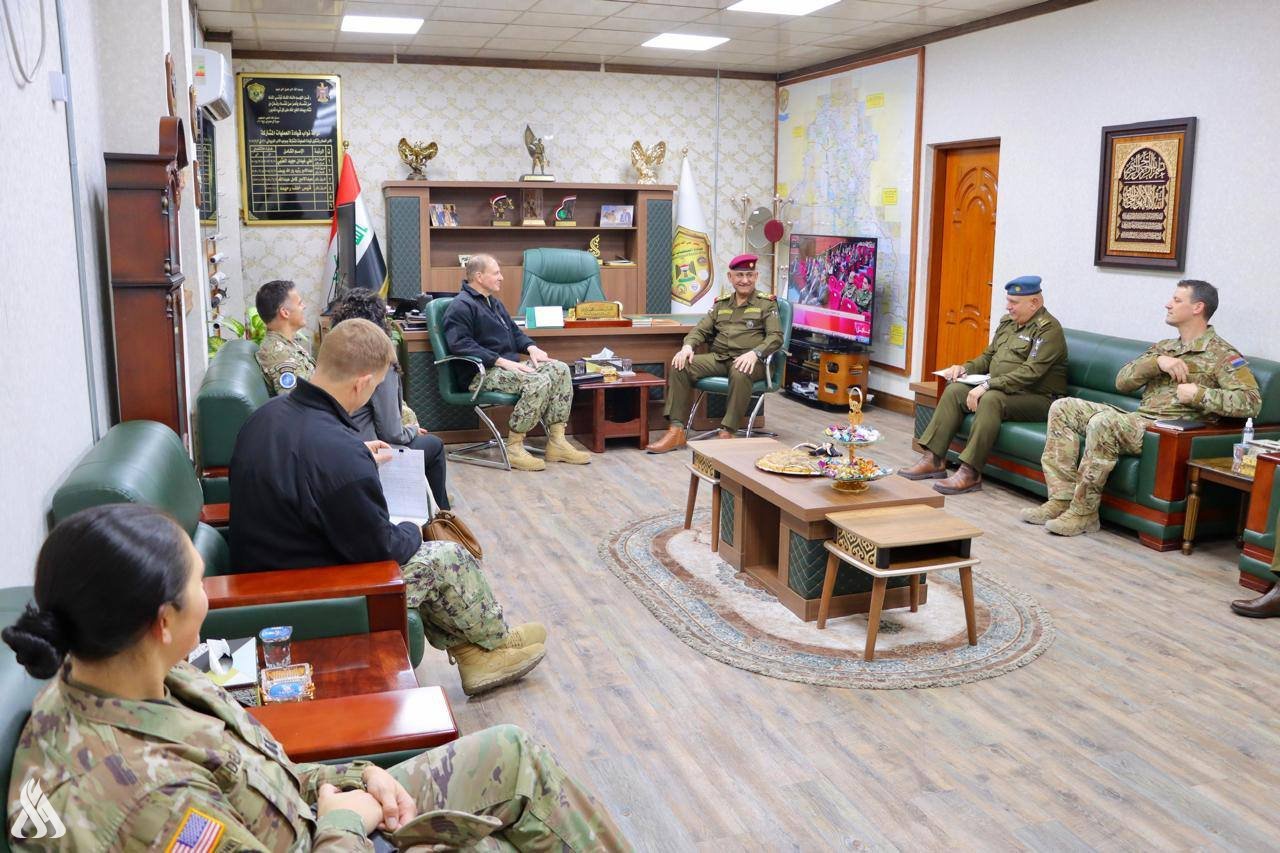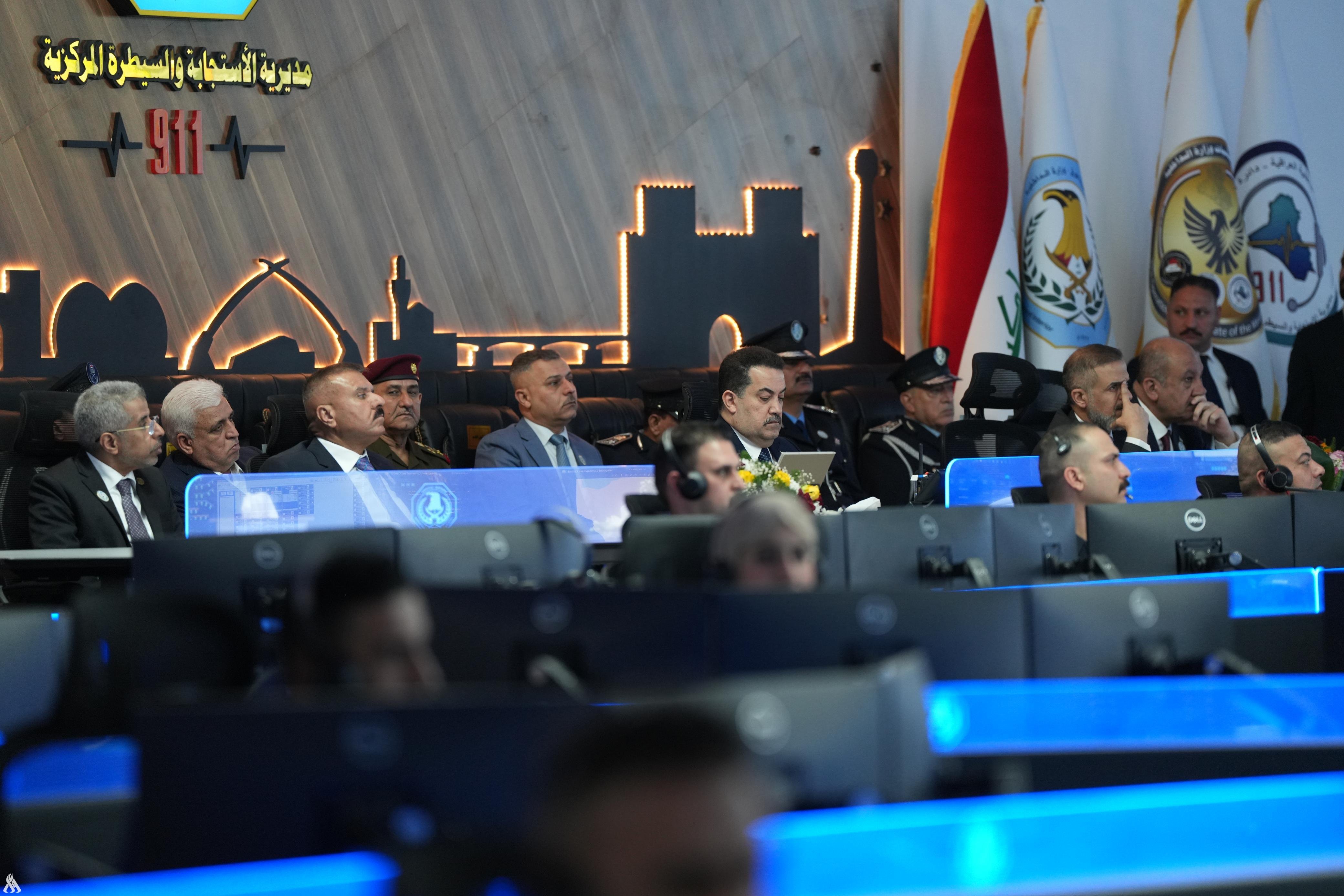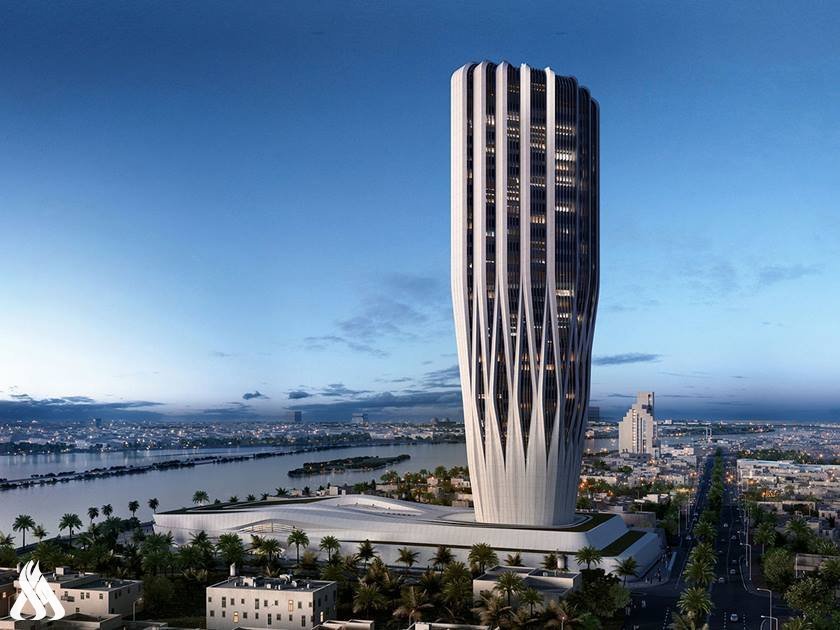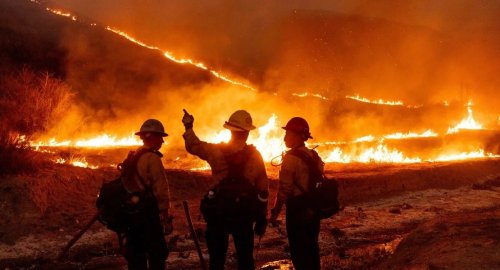
CNN: There is no "water system in the world" that can handle the Los Angeles fires

- Today, 20:31
Follow-up -INA
The American CNN network reported today, Saturday, that there is no "water system in the world" that can handle the Los Angeles fires.
The network said in a press report - followed by the Iraqi News Agency (INA): "While wildfires in Southern California continue to devour vast areas of dry land, causing the destruction of thousands of buildings and killing at least 10 people, questions are increasing about the possibility of mitigating this disaster, or is it just a reflection of the harsh reality caused by climate change." Local authorities have described the fires as a “perfect storm,” exacerbated by hurricane-force winds that exceeded 100 mph, hampering aerial firefighting efforts, as water and retardant could not be dropped on affected areas.
Experts speaking to CNN said the combination of unseasonably dry conditions, high winds and simultaneous fires has caused unprecedented damage.
Infrastructure and water crisis
“Despite efforts to respond to the disaster, the fires have exposed serious infrastructure deficiencies,” the report said. Firefighters reported “dry hydrants” and low water pressure; “Local reservoirs are running low, making firefighting operations more difficult,” said Janice Quinones, CEO of the Los Angeles Department of Water and Power.
Investigations and Accountability
In light of these challenges, California Governor Gavin Newsom called for “an independent investigation into water supply issues, responding to residents’ concerns about the lack of essential resources, and Los Angeles Mayor Karen Bass promised a comprehensive review to identify failures and hold those responsible accountable.”
For her part, Kristen Crowley, chief of the Los Angeles Fire Department, confirmed that “budget constraints have weakened training and prevention programs,” noting that “the department has been ‘extremely limited’ in responding to this type of large-scale disaster, despite receiving additional funding last year.”
The Future of Disaster
The report continued, “As the fires continue to rage, there have been calls to rethink reconstruction plans in high-risk areas, amid warnings from climate experts that fundamental changes in infrastructure, neighborhood planning, and effective fire prevention strategies are needed; To avoid a recurrence of such disasters in the future.”
The Sudanese army announces control over the capital of Al-Jazeera State
- International
- 09:49
European stocks post biggest daily drop in 3 weeks
- Investigations and reports
- 09:26
Scientists discover a link between red light and blood clots
- Investigations and reports
- 06:58
Prime Minister meets Khamenei in Tehran
- politics
- 25/01/08
JOC , NATO Discuss Enhancing Cooperation and Coordination
- Security
- 25/01/06
Al-Sudani inaugurates the unified emergency number project (911)
- politics
- 25/01/09
